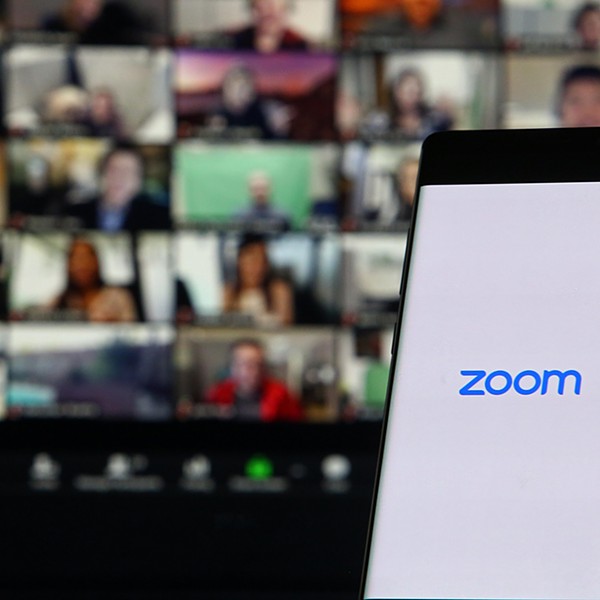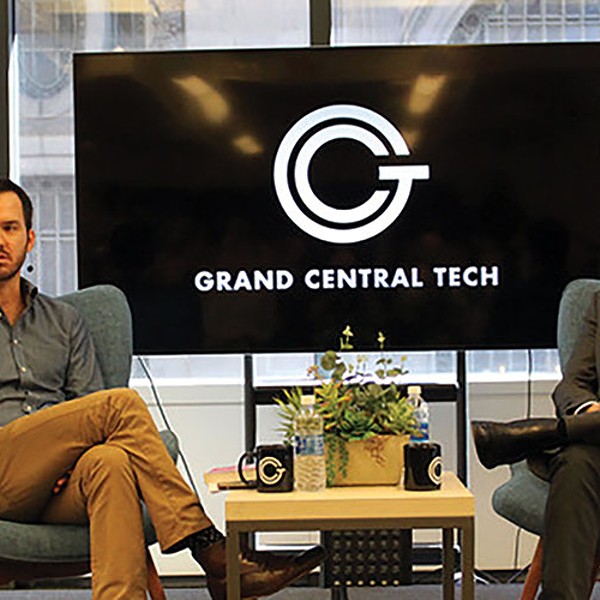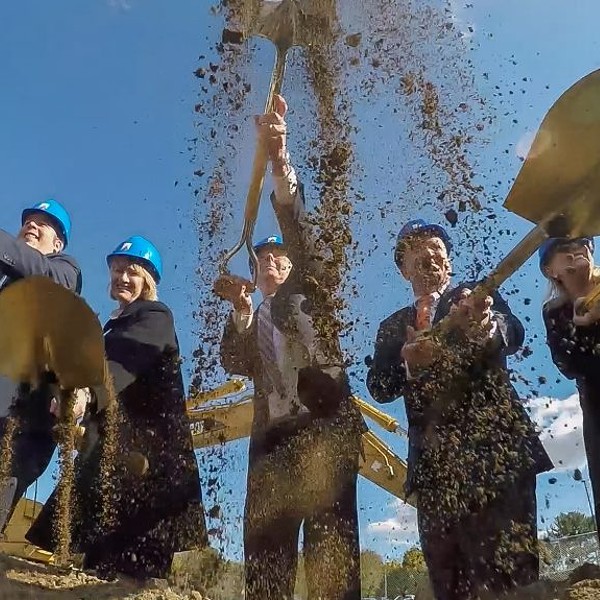[Editor's introduction: Consider the dinosaur. Although it has not made the fern-bar scene or feasted on its fellow colossi since the late Cretaceous, it remains vital to the world’s imagination. As every kid, palaeontologist, and movie producer knows, there is something inherently lovable and enthralling about these vanished Gargantuas, as well as something that evokes pathos—when we contemplate their lost, lumbering grace, their great dignity and gravity, we often have the nagging sense that what has replaced them has not necessarily been for the better.
So, too, for the dinosaurs of communications technology. The digital gizmos that have made them obsolete have nothing of their charm, nobility, or romantic allure—at least not according to the seven writers assembled here, who offer bittersweet encomiums to the typewriter, the rotary phone and the phonebooth, letter-press printing, black-and-white photographs, 45rpm records, telexes and telegrams, and writing and receiving letters via good, old-fashioned snail mail. Read on, and be here then.]
I am one of those eccentrics—curmudgeon class—who refuses to stand and salute when the anthem of Progress is sung. I love old books, old typewriters, old bourbon, old friends, and my old lady. I also love rotary phones, and that confessional, that citadel of privacy, the telephone booth. When touch-tone dialing appeared in the ’70s, I refused to give up my suddenly retro black Rotary Model 500 phone. I had it rigged so that I could continue to stick my index finger in a series of holes, turn the dial, hear it spring back and send the interrupted pulses that would wake up a friend halfway around the world. It was good enough for Ma Bell from 1919 to the 1970s, and it’s still good enough for me. But I have a touch-tone as a back-up, so I can talk to voice-recognition robots.
What I really miss is the telephone booth. I’ve thought of installing one in my basement, but I don’t think I can afford the wooden model with folding doors and the little seat that I really want. I spent a good part of my young life in those little closets, sitting and talking and pleading with publishers, agents, and lovers. There was one in the Old Reliable Bar on East Third Street, the Lower East Side, which served as an office for a roster of people in the ’60s that included some of the most luminous names in modern poetry.
Bell placed the first outdoor booth in 1905, but it was far from an instant hit. In those days people valued their privacy, and did not want passing strangers to overhear their business. They must have been another species. Today we clamor to put our private lives on display. The omnipresent cell phone is the antithesis of the phone booth, and it is impossible to escape cellular logorrhea, that running-off-at-the-mouth-at-the-top-of-your-voice blather that announces to all and sundry they’re in the vicinity of a dolt. God bless the Google Generation for switching their indecent exposures to the silent text messaging of a Twitter.
For a taste of telephonic paradise, try Foster’s Coach House Tavern in Rhinebeck, which boasts a booth with a rotary phone. Perhaps when Dylan Thomas had dinner there in the 1950s, he closed the folding doors behind him and placed a call to his home in Laugharne, Wales.
Michael Perkins, of Glenford, is the longtime host of the Woodstock Library Forum and the author of numerous books of fiction, nonfiction, poetry, and memoir, including Burn, Dark Games, and Ceremonies of the Flesh.















